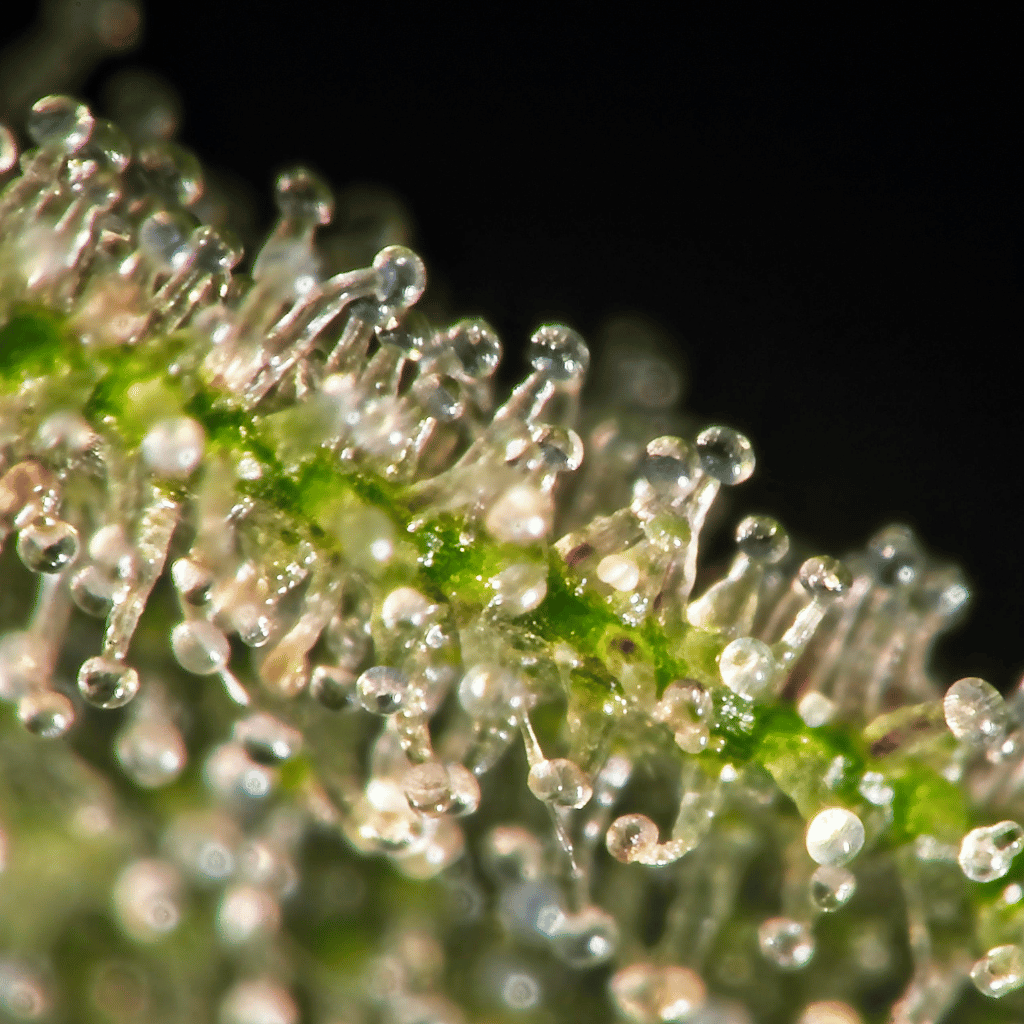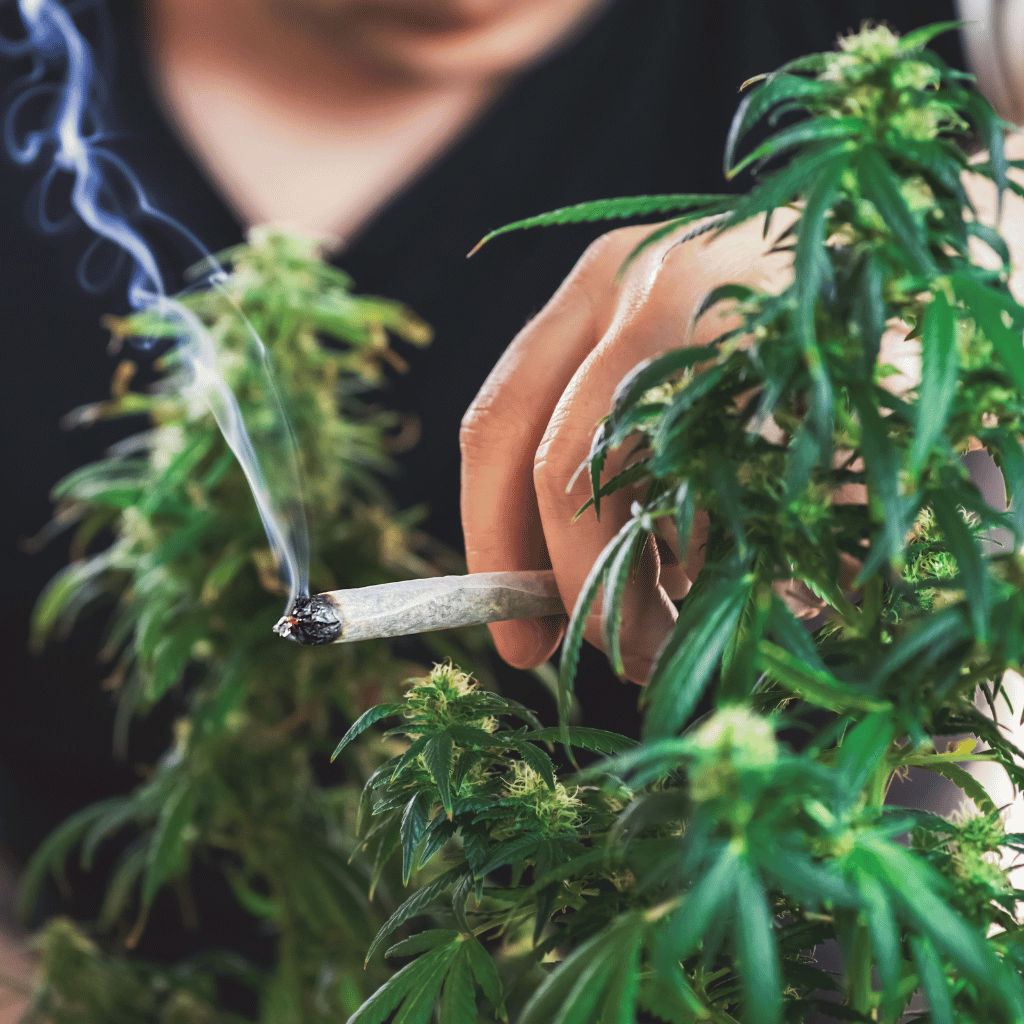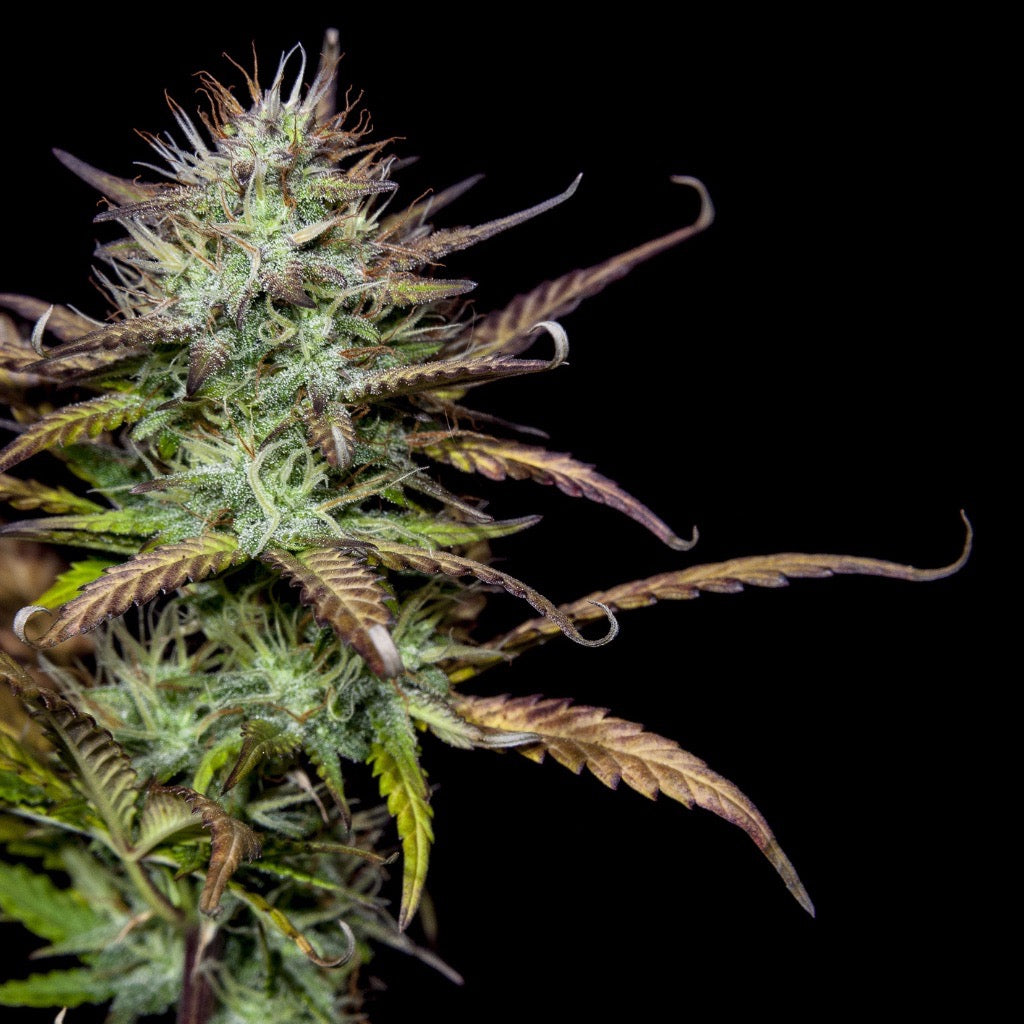The Effects of THC
Tetrahydrocannabinol (THC) is the most well-known cannabinoid in the cannabis plant and is primarily responsible for the psychoactive effects associated with cannabis consumption. But what exactly does THC do in the body? This article explores the effects of THC, its uses, the factors influencing its impact, and the hallucinogenic effects it can produce. Additionally, we will discuss the various applications of THC and how individual factors affect its effects.
How Does THC Work in the Body?
The effects of THC manifest on multiple levels within the human body. Common effects include:
• Relaxation: Many users report feeling more relaxed after consuming THC.
• Euphoria: THC can induce a strong sense of well-being and euphoria, often referred to as a “high.”
• Hallucinogenic Effects: At higher doses or with certain consumption methods, THC can cause hallucinogenic effects, including distortions in the perception of time and space.
• Altered Sensory Perception: Colors, sounds, and tastes may become more intense.
These effects can vary greatly between individuals and depend on numerous factors.
Factors Influencing the Effects of THC
Several factors determine how THC affects an individual. Key influences include:
1. Dosage: The amount of THC consumed plays a significant role, with higher doses generally producing more intense effects.
2. Consumption Method: THC can be consumed through smoking, vaping, edibles, or oils, and the method determines how quickly and strongly the effects are felt.
3. Experience Level: Experienced users often report different effects compared to novices, who may react more strongly to THC’s psychoactive properties.
4. Physical Condition: Current health status and metabolic profile can significantly impact THC’s effects.
5. Compounds in Cannabis: In addition to THC, cannabis contains other compounds, such as cannabidiol (CBD), which can modulate THC’s psychoactive effects.
6. Environment: The surroundings in which THC is consumed can amplify or mitigate its effects.
Uses of THC
THC is used for a variety of purposes in different contexts. While it is primarily known for its psychoactive properties, it also has medical applications. Common medical uses include:
• Pain Relief: THC can help alleviate chronic pain, particularly in conditions like multiple sclerosis or cancer.
• Appetite Stimulation: THC is used to stimulate appetite, especially in patients suffering from appetite loss.
• Nausea Relief: THC is effective at reducing nausea and vomiting, particularly for chemotherapy patients.
• Sleep Aid: Many people use THC to combat insomnia due to its relaxing effects.
• Anxiety and Stress Reduction: In low doses, THC can help reduce stress and anxiety.
However, THC use is not without risks. These include potential tolerance development, dependency, and adverse effects such as anxiety, paranoia, or cognitive impairment.
Hallucinogenic Effects of THC
While THC is not classified as a classic hallucinogen like LSD, it can produce similar effects at high doses. These hallucinogenic effects often include distortions in the perception of time, space, and reality. For inexperienced users or those consuming THC in unfamiliar environments, these experiences can be intense and may be perceived as either positive or negative. The hallucinogenic effects of THC are influenced by factors such as dosage and individual tolerance.
Conclusion
The effects of THC are complex and diverse, ranging from relaxation and euphoria to hallucinogenic experiences at higher doses. THC is used both recreationally and medically, with its precise effects influenced by factors such as dosage, consumption method, and individual condition. For safe THC use, it is essential to understand these factors and tailor consumption accordingly.




Leave a comment
This site is protected by hCaptcha and the hCaptcha Privacy Policy and Terms of Service apply.